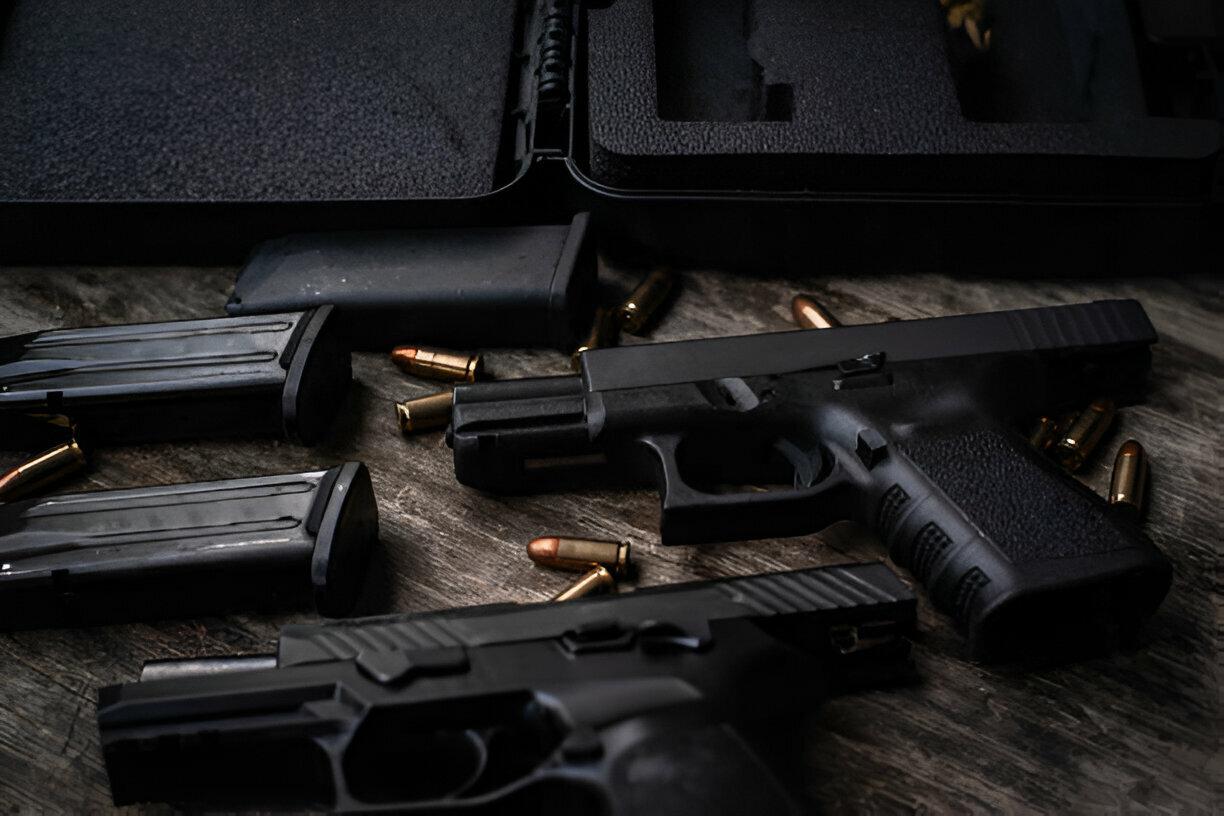Safe and Sound: A Responsible Guide to Gun Ownership
Introduction
In the United States, gun ownership is a deeply ingrained aspect of the culture and a constitutionally protected right. Responsible gun ownership is crucial to ensuring the safety of individuals, families, and communities. By following proper guidelines and practices, gun owners can enjoy their firearms safely and securely. This guide aims to provide valuable insights and tips for individuals who own or are considering owning a gun.
Understanding the Importance of Responsible Gun Ownership
Responsible gun ownership is not just a legal obligation but a moral and ethical responsibility. Owning a firearm comes with inherent risks, and gun owners need to be well informed and educated on how to handle and store their weapons safely. By understanding the importance of responsible gun ownership, individuals can contribute to a safer society and prevent tragic incidents.
1. Obtaining Proper Training and Education
One of the fundamental aspects of responsible gun ownership is obtaining proper training and education. Before purchasing a firearm, individuals should undergo training on gun safety, handling, and marksmanship. This training can be provided by certified instructors or through reputable organizations that offer firearm safety and handling courses. It is essential to choose an instructor or organization with a proven track record of delivering high-quality, comprehensive training covering all responsible gun ownership aspects.By investing time and effort in learning how to use a firearm safely, gun owners can minimize the risk of accidents and misuse.
2. Secure Storage and Handling Practices
Proper storage and handling of firearms are critical components of responsible gun ownership. Guns should be stored in a secure location, such as a gun safe or lockbox, to prevent unauthorized access. Ammunition should be stored separately from firearms to reduce the risk of accidents. When handling a gun, always treat it as if it is loaded and never point it at anything you do not intend to shoot. By following these simple yet crucial practices, gun owners can ensure their safety and those around them.
3. Regular Maintenance and Inspections
Regular maintenance and inspections of firearms are essential to ensure their safe and reliable operation. Guns should be cleaned and lubricated according to the manufacturer’s instructions to prevent malfunctions. Additionally, firearms should be inspected for any wear or damage that could affect their performance. By taking the time to maintain and inspect their firearms regularly, gun owners can prolong the lifespan of their weapons and prevent accidents caused by mechanical failures.
4. Responsible Carrying and Transporting
Doing so responsibly and legally when carrying or transporting a firearm is essential. Gun owners should familiarize themselves with the laws and regulations regarding carrying firearms in their state or locality. In most cases, firearms should be unloaded and securely stored in a case when being transported. When carrying a concealed weapon, individuals should have the necessary permits and training to do so legally. By following these guidelines, gun owners can avoid legal trouble and ensure their and others’ safety.
5. Engaging in Safe Shooting Practices
For many gun owners, shooting is a recreational activity that provides enjoyment and relaxation. However, engaging in safe shooting practices is crucial to prevent accidents and injuries. Always follow the range rules and guidelines when at a shooting range or in a controlled environment. Ensure that there is a safe backstop for bullets, and never shoot in the direction of people or property, and always keep the firearm pointed down range. By practicing safe shooting habits, gun owners can enjoy their hobby while prioritizing safety.
6. Being Mindful of Mental Health
In addition to physical safety measures, gun owners should also be mindful of their mental health and well-being. It is essential to recognize the signs of mental health issues such as depression, anxiety, or substance abuse that could impact one’s ability to handle firearms safely. If experiencing mental health challenges, individuals should seek help from a qualified professional and consider temporarily storing their firearms with a trusted individual. By prioritizing mental health, gun owners can ensure that they are in the right state of mind to handle firearms responsibly.
7. Responsible Purchasing
When purchasing a firearm, it is essential to do so from a reputable online gun store who conducts background checks and follows all legal procedures. Avoid purchasing firearms from unlicensed sellers that do not require background checks. Responsible purchasing practices help prevent firearms from falling into the wrong hands and contribute to a safer society.
Conclusion
In conclusion, responsible gun ownership is a multifaceted commitment that requires knowledge, training, and vigilance. By understanding the importance of responsible gun ownership, obtaining proper training, practicing secure storage and handling, maintaining firearms, following legal guidelines, engaging in safe shooting practices, and prioritizing mental health, gun owners can enjoy their firearms safely and securely. Ultimately, responsible gun ownership is not just a duty but a privilege that should be upheld with the utmost care and respect. By following the guidelines, individuals can be safe and sound knowing they are contributing to a more responsible gun culture in the United States.


